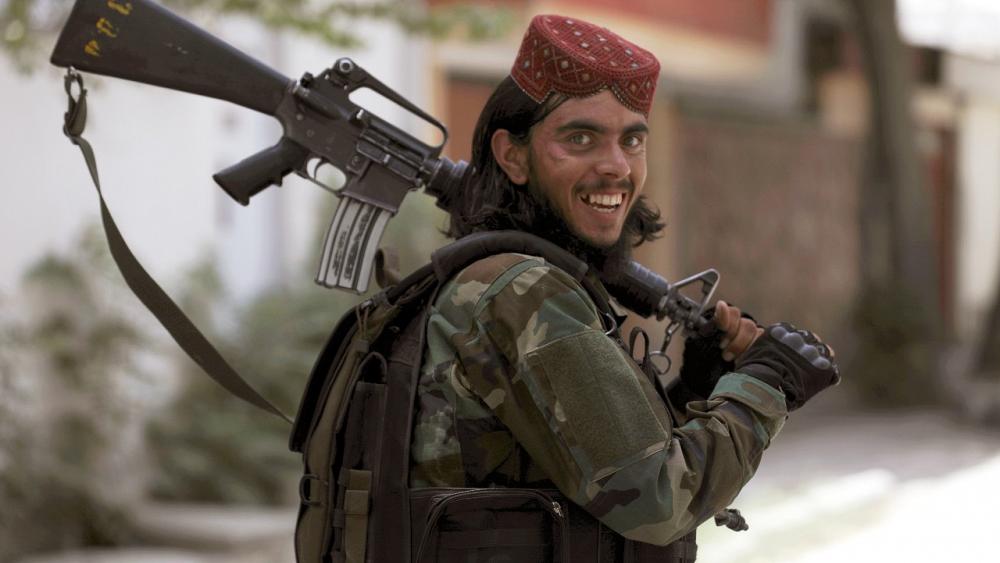
When I decided to focus my studies on the United Nations in the 1980s and to work for it in subsequent decades, I was inspired by an organization that represented the common good of the world and was dedicated to maintaining peace, achieving shared prosperity and standing up for human rights.
My references were the heroic days after the end of World War II, when the UN was deploying observers to separate belligerents in the Middle East and between India and Pakistan, peacekeeping forces to ensure the departure of colonial powers from the Suez Canal and elsewhere, transition missions leading to the independence of former colonies or the pacification of war-torn countries around the world. I had the good luck to work with the UN in places like post-apartheid South Africa, post-war Bosnia and post-dictatorship Haiti to advance democratic elections, peace and human rights, and more recently for climate action and sustainability. I am no longer with the UN but want to remind people of its existence and usefulness that has been proven more than once in the past and can still be revived.
Fast forward to what is now happening in Afghanistan. What has the UN done, what has it been asked and/or what has it offered to do to help with the messy and potentially bloody transition? The Secretary-General, Antonio Guterres “call[ed] for an immediate end to violence, for the rights of all Afghans to be respected and for Afghanistan to comply with all international agreements to which it is a party”. The Security Council in turn adopted not a resolution but a press statement, where it appealed for an immediate end to the violence and called for “inclusive negotiations” for the establishment of a united and representative government with the participation of women. Will any of this make any difference on the ground? Most probably not if those in control choose not to listen.
Who are the UNAMA?
Since 2002 the Security Council has established a “special political mission”, the UN Assistance Mission in Afghanistan (UNAMA) headquartered in Kabul and with field presence across Afghanistan. It is headed by the Special Representative of the UN Secretary-General (SRSG) and has some 1,150 staff, about two-thirds of them local Afghans. The political mission works together with more than 20 UN system agencies doing development and humanitarian work in the country. It has been operating in parallel to but independently from the NATO and US military deployment and the intention for now is for it to stay, not leave the country. So the international community remains engaged in Afghanistan, contrary to the opposite impression given by the desperate scenes at Kabul airport.
How long the UN presence will last is another question. Its position may well be precarious and depending on the whim of the new rulers. Especially for the local employees the pressure and insecurity may soon be unbearable. At the same time, this modest UN presence could well turn out to be the catalyst for a peaceful and orderly transition. With a bit of imagination and professed goodwill in all directions, UNAMA can become the missing link towards a successful evacuation of internationals and Afghans with foreign visas, and a guarantor of core human rights and democratic freedoms that the Taliban themselves declare that they intend to respect in the country.
A solution to suit everyone?
An arrangement of this sort could save the face of all concerned, the Americans and other internationals, as well as of the Taliban leadership. It could also help with the eventual formation and smooth integration into the international community of a new Afghan government, which may be more representative of the people and more stable than the disgracefully departed one. With the tacit agreement of all sides, the UN through its continuing presence could help cultivate a sense of continuity and normalcy in the country. This would also help avoid a major new exodus of Afghan refugees to the neighbouring countries and all the way to Europe, as has happened before. The UN continued presence would be particularly convincing if accompanied by the provision of humanitarian assistance where needed, monitoring of human rights, especially of women and girls, the continuation and even increase of development assistance for the building of schools, hospitals, roads and other infrastructure. Inclusion rather than isolation, shaming rather than blaming, as long as the new regime’s behaviour remains within acceptable limits, of course.
How could such a strengthened UN role be pursued? It could be authorized through a Security Council resolution, or the Secretary-General could take the initiative, in the context of UNAMA and of his good offices enshrined in the UN Charter and past practice. Such an offer may not be accepted by the Taliban, or even by other powers wanting to pursue their political games unhindered. It should be put on the table, though, and it might work, as responding to a UN good offices offer should be seen as deferring to the guardians of the common good and not to any other power with which one may be at war or in competition. Let’s start getting some things back at work, as they should be. They may well prove useful beyond Afghanistan.
—-
Georgios Kostakos is Executive Director of the Brussels-based Foundation for Global Governance and Sustainability (FOGGS). He has been extensively involved in global governance, sustainability and climate-related activities with the United Nations and beyond.
 RSS Feed
RSS Feed















 August 19th, 2021
August 19th, 2021  Awake Goy
Awake Goy  Posted in
Posted in  Tags:
Tags: 













